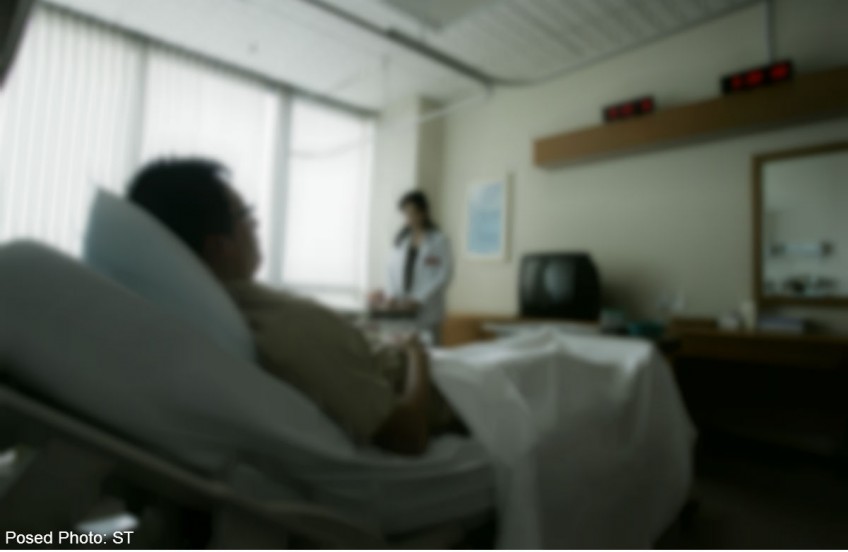Let's talk about death

I thank Dr Andy Ho for raising the pertinent issues of dying and death ("Better to die a good death at home"; last Friday).
As a medical doctor, I know that most patients do not "go gentle into that good night".
Certain physiological changes may occur when death nears.
Patients may complain of great pain and discomfort, some may speak incoherently and, towards the end, the "death rattle" creeps in as fluids flood the failing lungs and breathing becomes laboured.
This can be traumatising for a layman to witness and the first instinct is to call for help.
A paramedic colleague shared a story of how a terminally ill patient wanted to die at home but, towards the end of his life, his family panicked and called an ambulance.
The patient had a do-not-resuscitate order but the paramedics were legally bound to perform cardiopulmonary resuscitation and defibrillation to revive him while taking him to the hospital.
The patient was admitted to hospital in a poor neurological state and eventually died there.
This illustrates the need for greater discussion and awareness about the process of dying.
Unsurprisingly, community awareness of palliative care is low. Most do not understand its purpose or refuse it, thinking it signifies that the medical team has given up on the patient.
Apart from raising community awareness of palliative care, the public also needs to be educated about advance medical directives and medical proxies.
The Advance Medical Directive Act is a step in the right direction, allowing people to decide if they want to have extraordinary life-sustaining treatment when they become terminally ill.
If the patient's wishes are not known and he is unconscious or not lucid, responsibility falls on the family to make his end-of-life decisions. It is a very difficult decision to make within a critical time period. The family may be unable to agree or is afraid to commit to putting a limit on medical interventions.
Dr Ho mentioned that "doctors should learn to recognise medical futility sooner and be brave enough to let people go home to die earlier".
Most doctors do recognise medical futility but, in a service-oriented health-care system, the demands of patients and relatives can override the doctor's recommendations.
Denying a terminally ill patient's right to choose extraordinary life-sustaining measures is a debate in itself.
Perhaps we all need to think about death and talk about it with our loved ones, so that when the time comes, our wishes can be honoured and our dignity preserved.
Letter from Joy Quah (Dr)

Get a copy of The Straits Times or go to straitstimes.com for more stories.